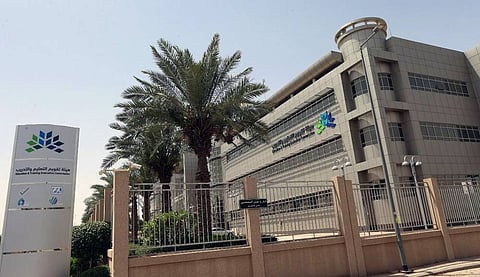

Saudi Arabia, represented by the Education and Training Evaluation Commission (ETEC), participated in the 51st board meeting of the Programme for International Student Assessment (PISA), which was held remotely.
The meeting, in which the ETEC was represented by National Center for Assessment and Evaluation in Higher Education (Qiyas), discussed all dimensions of the test, its components, the mechanism of experimentation and application, samples and their nature, in addition to its development and linking it to demographic variables and its financing.
The PISA is a group of studies supervised by the Organization for Economic Cooperation and Development (OECD) to measure the ability of tenth grade students to use their knowledge in reading, science, and mathematics and to acquire skills to solve life and professional problems they face.
The ETEC represents the Kingdom of Saudi Arabia in international studies and supervises the studies application locally according to the tasks entrusted to it.
Saudi Arabia's participation in the PISA tests comes to measure and evaluate students' achievement of basic skills and knowledge in the stages of public education. It also comes to study the differences between the education system in the Kingdom of Saudi Arabia and other participating countries to improve the teaching and learning process, since this is one indicator of realizing the Kingdom's Vision 2030.
Many countries, including the G20 countries, participate in this meeting, which is held twice a year. The ETEC seeks, through participating in these meetings, to identify the indicators that will raise the quality and efficiency of education and training in Saudi Arabia under the ongoing support of the leadership.
It is worth mentioning that there is a partnership between the ETEC and OECD. The partnership aims to support and enhance the commission's roles and make use of the commission's data to improve the quality and efficiency of education and its advanced systems.
